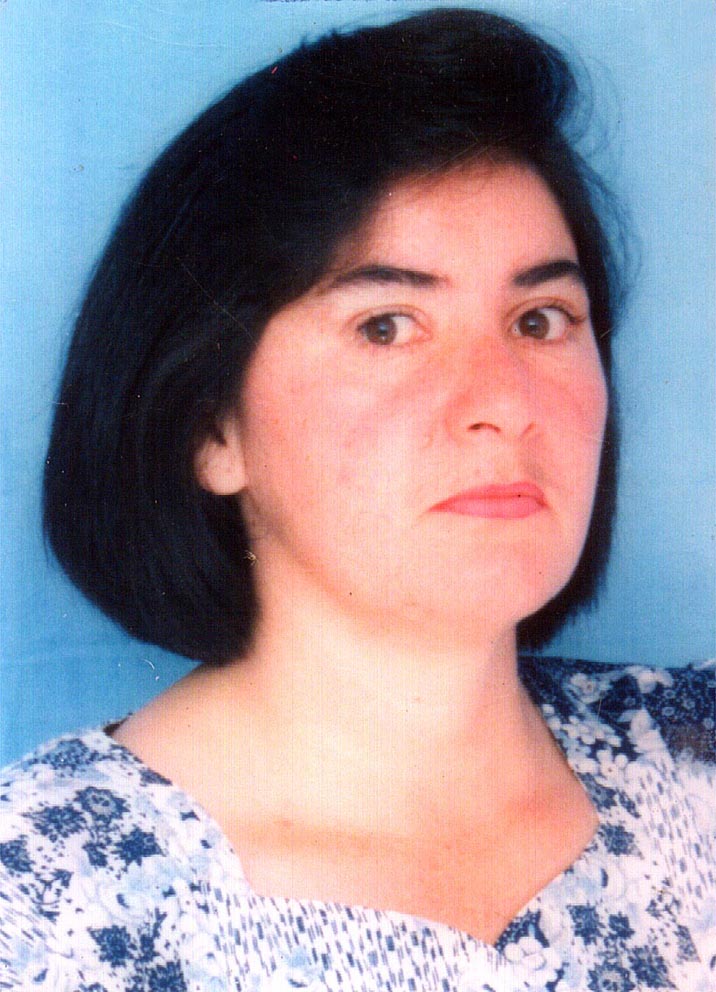
July 11, 2002
Case: Elizabeth Obando Murcia
|
I can only tell you now that the commander of the FARC banned the sale of the newspaper here:
August 1, 2003
Proyecto Impunidad
In a handwritten note dated March 3, 2002, Elizabeth Obando, circulation manager in Roncesvalles, Tolima province, Colombia, of the newspaper El Nuevo Día, wrote to the paper’s manager of branch offices, “…I haven’t been able to call you because I can’t say anything on the telephone. I can only tell you now that the commander of the FARC banned the sale of the newspaper here….”
Obando was referring to the fact that a person nicknamed Donald, the local chief of the Revolutionary Armed Forces of Colombia (FARC) guerrillas, had threatened to have her killed if the newspaper continued to be distributed to the residents of Roncesvalles.
Given the threat and the risk Obando faced it was agreed to suspend distribution of the paper, but Donald carried out his threat and on June 11, 2002, as Obando was returning to Roncesvalles from the town of Ibagué the bus she was traveling in was ambushed by a group of armed men and she was shot.
“Elizabeth lay mortally wounded at the roadside for several hours until her assailants allowed her to be taken to the San Rafael Hospital in Giradot, where she died two days later,” El Nuevo Día editor Antonio Melo told the IAPA.
As Melo recalls, the local guerrilla chief had threatened Obando in the town square over the publication of a number of stories in the newspaper that “told of the abuse and oppression that the FARC engaged in towards the residents of the towns in that part of the country.”
The reports appeared on the paper’s page one on several dates. In the first one, on September 21, 2001, headlined “FARC Said to Be Planning ‘Agrarian Reform in Roces’” the paper alleged the local people “are being stripped of their assets by the FARC.” The following day the newspaper charged that the so-called “agrarian reform” by the FARC had been extended to the municipality of Chaparral, also in Tolima province. A month later, on October 21, El Nuevo Día published, also on page one, a story that the FARC was understood to be recruiting children to undergo training at a boot camp.
In early 2002, the newspaper reported that eight women from Roncesvalles were forced by FARC’s 21st Front to walk through the town with banners hanging around their necks bearing the words “por choleras” (for being a prostitute) – an allusion to women who hang out with soldiers.
Following Obando’s murder, her newspaper has continued publishing its allegations as a mark of homage to a woman that everyone praised for her work and the way she always helped other people.
TOLIMA AND EL NUEVO DIA
Tolina is a province located in the center of Colombia, with a population of 1.4 million. Its capital is Ibagué.
The main economic activity if farming, especially coffee, cotton, rice and sorghum production. It also has major cattle raising activity and a textile industry that has been becoming stronger over the last 15 years.
El NUEVO DIA, the only regional daily newspaper, was launched in 1992. It has won three national journalism awards. Its news team has faced a number of dangerous situations. The newsroom is constantly receiving written and telephoned threats from guerillas, paramilitaries, common criminals and corrupt officials. This has led to some of its reporters having to leave the area and others even the country.
Elizabeth Obando was the youngest of three siblings. She had a wool and sackcloth store and also distributed El Nuevo Día locally. Lodging at her home were priests working in the parish church and she was the person who provided money needed to pay local teachers when their salaries were not received on time, so as to ensure that education would go on uninterrupted in Roncesvalles.
The investigation to identify the person or persons who carried out Obando’s murder has stalled. There have been no arrests.
|